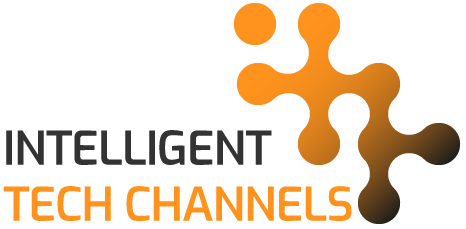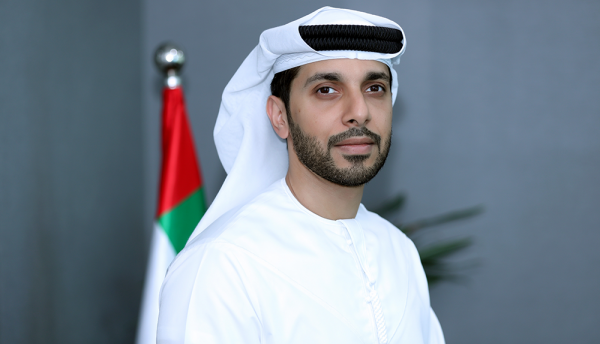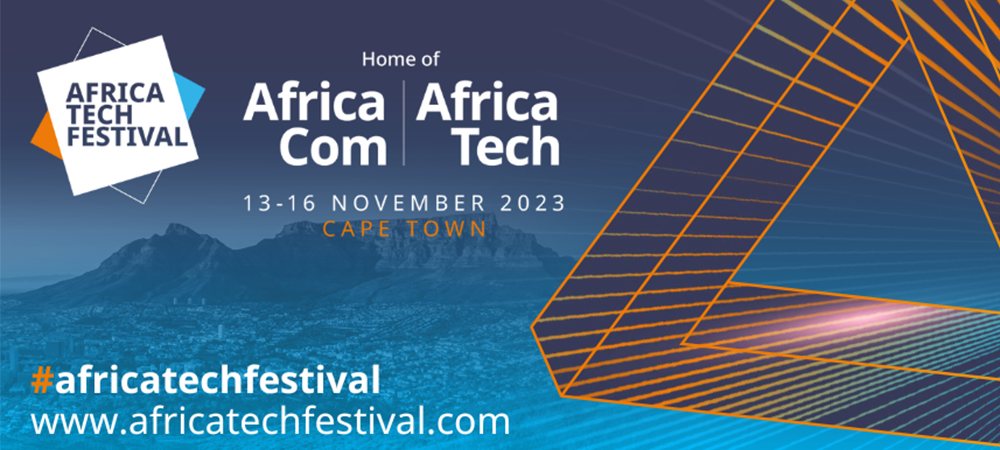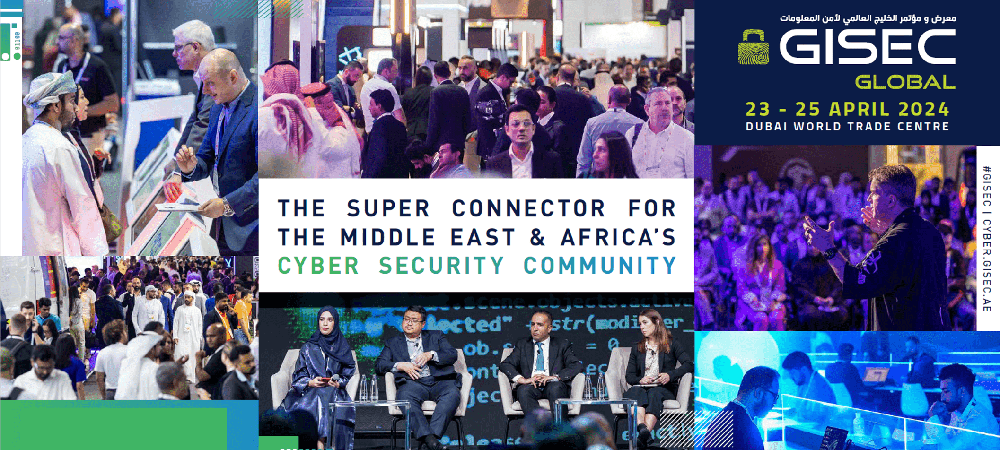Esharah Etisalat Security Solutions is helping to make the world a safer place through astute utilisation of Artificial Intelligence. ITC speaks toAli Bahlooq, General Manager at Esharah, to find out more about how the company is deploying the latest technology in critical situations that are often nothing less than a matter of life or death.
Artificial Intelligence is changing the world as we know it – making us significantly safer often without us realising.
System integrator Esharah Etisalat Security Solutions (Esharah) is one of the company’s leading the way through its deployment of Artificial Intelligence to provide vital, real-time information to those bearing the heavy responsibility of managing critical responses to emergencies.
No longer do key decision makers have to tackle their responses to major emergencies blind – without the crucial information that can save lives and prevent a catastrophe turning into a disaster.
Esharah is a system integrator for TETRA networks offering a diverse range of skills in wired and wireless telecom networks to customers.
It provides full turnkey services for public safety telecommunication systems used by government, semi-government and private organisations.
Esharah has extensive skills in TETRA and Public Safety LTE and has been awarded prestigious projects for indoor coverage solutions. It was also recently awarded the LTE public safety deployment for Nedaa networks.
What’s more it is certified by Airbus and Nokia as a VAR and conforms to ISO 9001:2008.
Esharah’s solutions include RF design, supply, installation, testing, commissioning, system integration and network optimisation for Airbus TETRA public safety outdoor/indoor networks, as well as supply of Airbus TETRA radios and accessories. The same full service is offered for Nedaa LTE public safety networks.
Also offered are supply and installation of towers, monopoles and shelters, maintenance contracts, service level agreements, operations maintenance and a network operations centre to support mission critical operations.
It operates in a wide variety of industries including airports, energy, healthcare, oil and gas, public safety and transportation.
ITC spoke toAli Bahlooq, General Manager Esharah, about the company’s operations and, in particular, how it is protecting the public.
What can you tell us about some of your activities?
We have a drone based on Artificial Intelligence. The advantage of this drone is that you don’t need professional pilots to steer it, all you have to do is programme the flight path, the altitude and give it a brief about the mission.
Let’s say the mission is to give the decision maker managing an emergency an observation or a helicopter type view of, for example, a forest fire. The drone will fly to the relevant zone based upon a pre-configured map and it will stream video back to the headquarters for the decision maker to see how to tackle that problem.
So the drone is one of the options which will bring value to the end-customers in terms of reducing the cost of the need for a professional pilot to navigate. It provides valuable information from the ground without having to deploy people to check where the problem is. You can minimise your cost and bring value to the customer by deploying the drone.
Another solution we have concerns an ambulance with a sort of Virtual Reality camera, which a paramedic will wear. It’s like a body camera. In the headquarters the surgeon or the doctor, will be able to look at a stream to check the severity of the condition and perhaps provide some guidance.
Another solution we have is an Artificial Intelligence camera. This camera can be configured for limitless information. It can scan a person’s face and it will tell you their age and gender. If objects are left unattended it will give you an alarm.
The camera can be stored on a drone and if there is an accident in a road, it will tell you, based on thermal imaging, the severity of the impact to an accident victim. So it can give you an indication of how severe an accident is.
This is the value proposition we have for our customers – utilisation of Artificial Intelligence for sound decision making to optimise operational costs. We try to bring value in terms of drones, in terms of other applications, which will help our end-customers to accelerate their services.
Are all of these solutions currently being used by end-users?
As of now, there are certain applications which are used by end-users, like the drone which is being used in some cases in Germany. There are certain partnerships with law enforcement. We are bringing those solutions here for our clients in Dubai and the United Arab Emirates.
So these use cases are being applied in Europe and certain Western countries. We are bringing them to the Middle East so our users here can get the best out of them. Actually, we have lots of customers here in Dubai. We have Dubai Police, civil defence, Dubai Municipality and property developers. These are just a few of our customers.
Your company is a partner of Nedaa? Can you just tell me about your relationship with them?
We are a subsidiary which is 100% owned by Nedaa. So, Nedaa is the service provider when it comes to the critical communication and the private LTE network. We are the subsidiary which is the solution provider. So we go and package solutions and give it to the end-customers whether that’s command and control rooms, CAD systems or drones. So we are the ‘go to’ organisation when it comes to asking for solutions suitable for the customers in Dubai, who are interested in those services.
Can you tell us more about how some of the solutions you’ve mentioned can help in tackling natural disasters?
Natural disasters could be fires or could be floods, for example. We put ourselves in the seat of the decision maker or the rescuers. We ask ‘What would he or she need for them to make a sound decision to preserve lives?’ So, they would need some sort of visual video streaming for them to deploy and mobilise, whether it’s mobilising an ambulance, fire trucks or helicopters. So this is the way we think, asking ‘what would it take?’ What would our customers need for them to excel in their operation and save lives in a practical way?
Where are most of your customers?
Most of our customers are here in Dubai and the UAE. However, we have suppliers from Europe, such as Airbus and Nokia, and we have certain providers of Artificial Intelligence as well.
Click below to share this article






